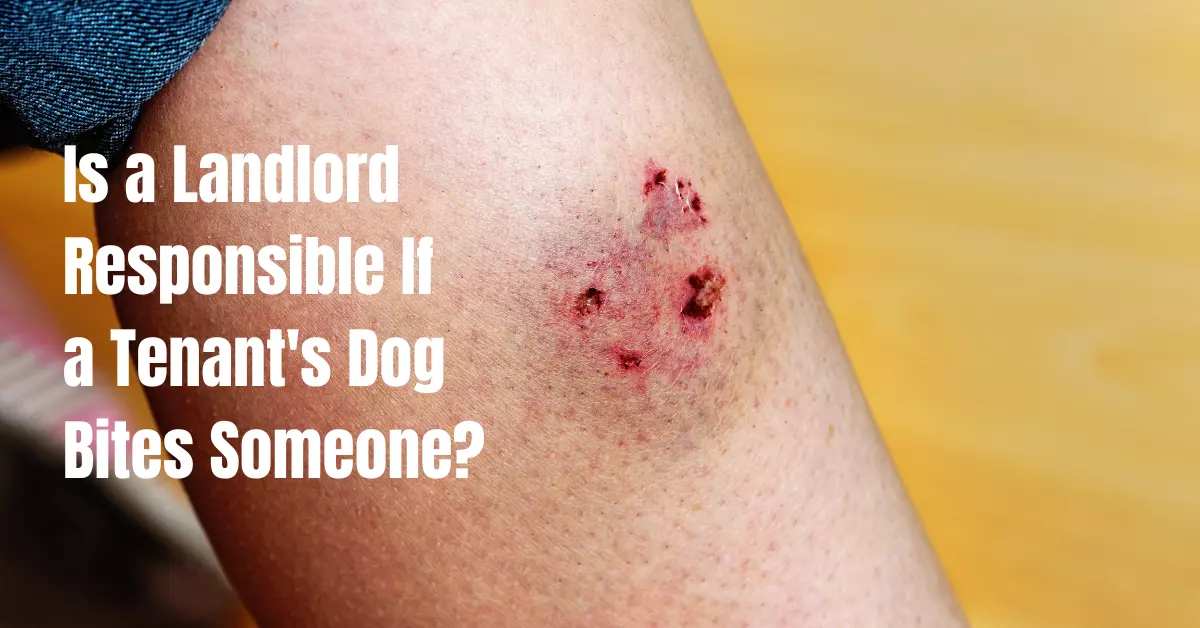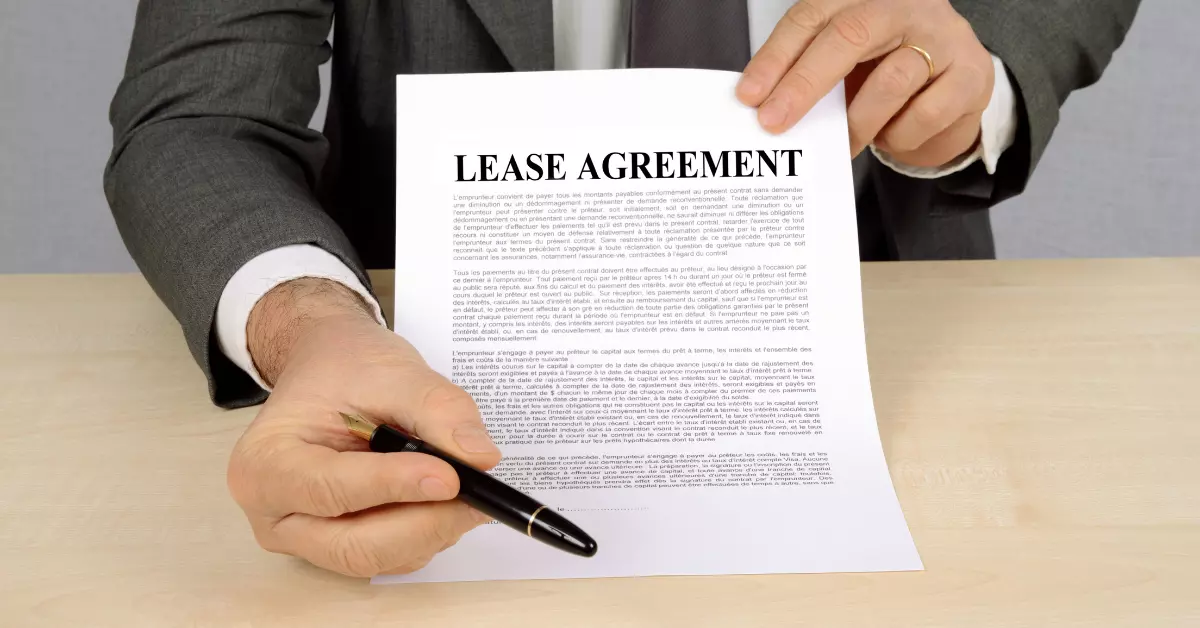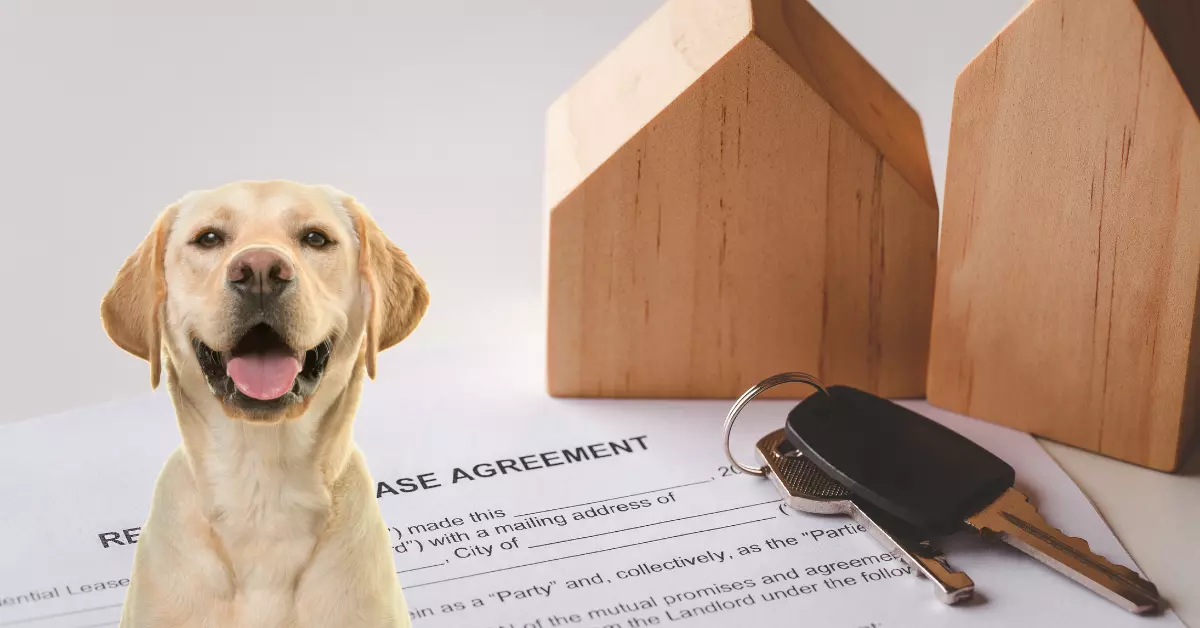Is a Landlord Responsible If a Tenant’s Dog Bites Someone?
Yes, in most cases, a landlord can be held responsible if a tenant’s dog bites someone. Landlords have a legal responsibility to ensure the safety of their tenants and others who may come onto the property.
However, there are some situations where the landlord may not be held responsible, such as if the tenant signed a waiver or if the victim was trespassing on the property.
It’s important for landlords to understand their responsibilities and take appropriate measures to ensure the safety of everyone on the property.

The Landlord’S Liability In A Tenant Dog Bite Scenario
Dogs may be considered a man’s best friend, but not everyone may feel comfortable around them.
In situations where a tenant’s dog bites someone, the question arises – is the landlord responsible for the incurred damages? Let’s take a deep dive.
The Legal Responsibility Of A Landlord Under Tenant Dog Bite Laws
Under the common law principle of “negligence,” a landlord has an obligation to not pose any harm to others.
In most states, landlords aren’t responsible for tenants’ pets’ actions unless the landlord knew about the dog’s aggressive behavior.
However, a landlord may be held accountable for negligence if they failed to remove a known dangerous dog or approved the presence of a dangerous dog on their property.
Determining If The Landlord Had Any Knowledge Of The Dog’S Aggressive Behavior
If the landlord was kept in the dark about the tenant’s dog’s aggressive tendencies, it’s improbable that they’ll be held liable for any injuries.
But if the landlord was aware of the dog’s aggressive behavior, they could be held responsible for the aftermath of the dog’s attack.
A landlord who had prior knowledge of a dog’s bite might be held liable for neglecting to take reasonable precautions.
- A landlord may be liable for any injuries caused by a dog if they had knowledge of the animal’s harmful tendencies.
- Landlords should be aware of the dogs present on their property and respond appropriately if they receive any complaints.
The Use Of Lease Agreements To Establish Landlord Liability In A Tenant Dog Bite Case
A lease agreement could play a significant role in establishing landlord liability in a tenant dog bite case.
A landlord’s failure to include a pet policy in a lease agreement may negate their ability to prevent the presence of certain breeds on their property.
Conversely, a provision in the lease agreement that prohibits pets or restricts certain breeds may assist the landlord in negating liability for an animal’s acts.
A landlord could be held liable if they don’t have any pet policies in the lease agreement.
A landlord’s liability in a tenant dog bite scenario will be determined by several factors, such as whether the landlord knew about the dog’s aggressive tendencies or failed to take reasonable precautions.
While a lease agreement may help determine a landlord’s liability, it’s essential to note that some states have dog-bite laws that hold landlords accountable regardless of circumstances.
As a landlord, it’s crucial to stay informed about dog-bite laws in your state and have a pet policy in place to avoid any liabilities.

Factors That Can Increase Or Decrease A Landlord’S Responsibility
Although dog bites are not uncommon, the legal implications surrounding who is responsible for such an event can be confusing.
In cases where the injured party is a third party, not the tenant themselves, landlords can potentially be held liable.
However, there are various factors that can mitigate or exacerbate a landlord’s responsibility. We will look at some of these factors in-depth.
Previous Knowledge Of Tenant’S Pet Ownership And Dog’S Dangerous Behavior
If a landlord is aware that their tenant owns a dog, they may be held partially responsible if said dog bites someone. Some of the points to consider include:
- If the tenant had informed the landlord beforehand that they were bringing a dog onto the property, the landlord may be obligated to ensure that the property is safe for both the tenant and any visitors that may come onto the premises.
- The landlord should have made sure that the lease agreement specifically outlines the tenant’s responsibilities for the dog. For instance, if there are specific areas of the property the dog should avoid or if certain breeds are prohibited.
- A landlord could be deemed knowledgeable of a dog’s dangerous tendencies if they had received a complaint regarding the dog’s behavior in the past from neighbors or other tenants.
The Landlord’S Control Over The Property And Dog-Related Amenities
The amount of control a landlord has over the property determines how much responsibility they have in a dog-biting incident. For example:
- If the landlord is responsible for the upkeep and maintenance of the property, they may be considered liable if the dog bite occurred due to a fault in the property’s fencing or gates.
- If the landlord has provided dog-related amenities on the property, such as a dog run, they may be liable for any injuries that arise due to negligence in maintaining these amenities.
- If the dog bite incident occurred on common property areas in a multi-unit building, the landlord could be held liable for damages caused by their failure to keep these areas safe and secure.

The Landlord’S Involvement In Overseeing Pet Ownership Within The Rental Property
If the landlord takes an active role in overseeing pet ownership within the rental property, their liability in case of a dog bite can be affected. These factors include:
- If the landlord provides guidelines or training for the handling of dogs on the property, they may be considered partially responsible for any injuries that arise due to their negligence in enforcing these guidelines.
- If the landlord hires a property manager to manage the property, they may delegate responsibility for pet-related issues to the manager. This means that the landlord may not be directly responsible if the incident occurred due to the manager’s negligence.
- The landlords may not be held liable for injuries caused by tenant-owned dogs if there is no evidence of negligence or awareness of the dog’s tendencies.
FAQs for Is a Landlord Responsible If a Tenant’s Dog Bites Someone?
What Is The Landlord’S Liability For A Tenant’S Dog Bite?
Landlords are generally not liable for tenant’s dog bites unless they knew about the dog’s dangerous behavior.
Can A Landlord Be Held Responsible For A Tenant’S Dog Bite?
Yes, if the landlord had knowledge of the tenant’s dog dangerous behavior, they can be held liable.
What Should A Landlord Do To Avoid Liability For A Tenant’S Dog Bite?
The landlord should ensure that the lease agreement has a clause prohibiting dogs or any pet with dangerous behavior.
Can A Tenant Be Responsible For Their Dog’S Bite, Rather Than The Landlord?
Yes, the tenant is generally held liable for their dog’s bite, as they are responsible for the actions of their pets.
Conclusion
With legal terrain shifting from state to state, understanding your role as a landlord is crucial.
Remember, you can be held accountable if your tenant’s dog bites someone, especially when negligence is at play. Always screen pets and insist on insurance to secure your peace of mind.